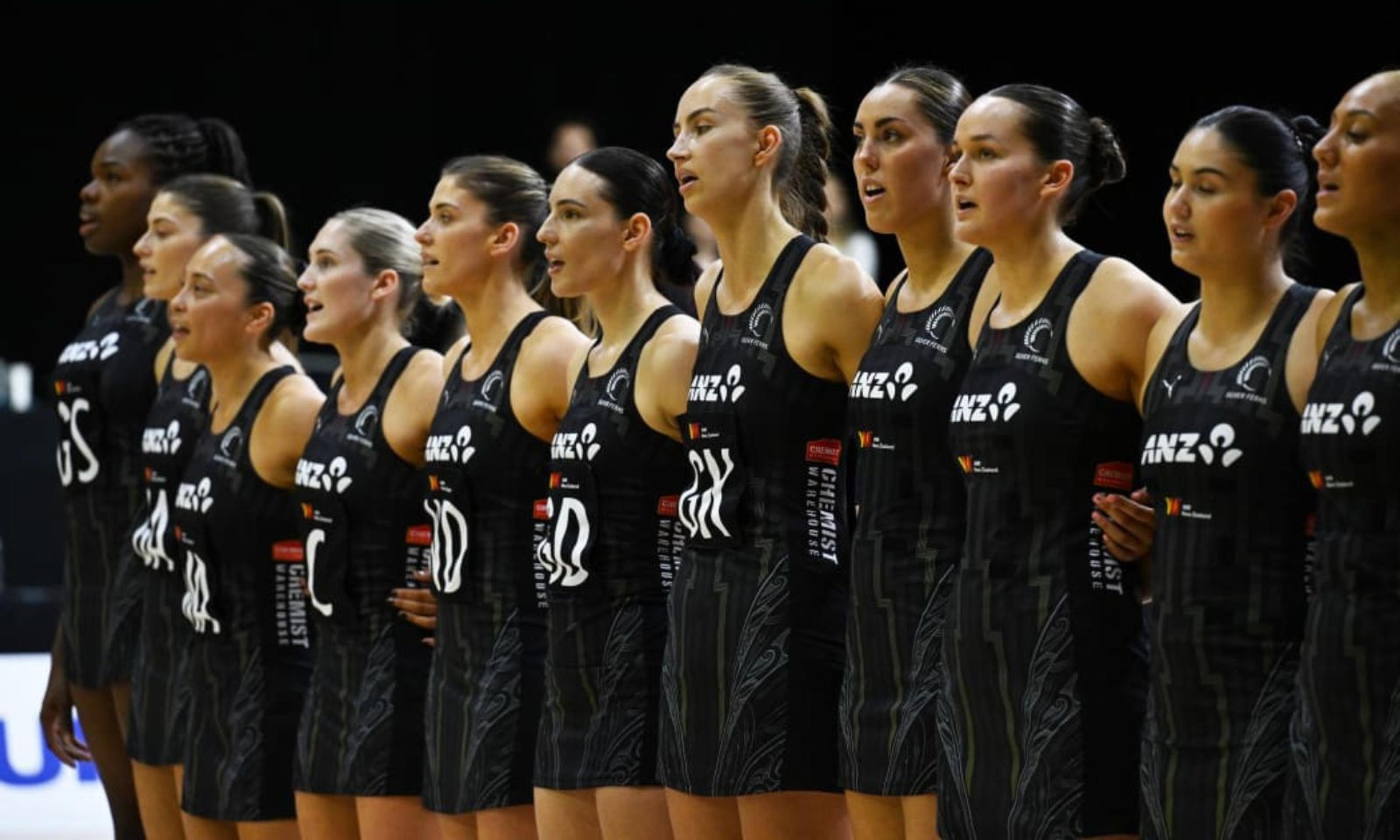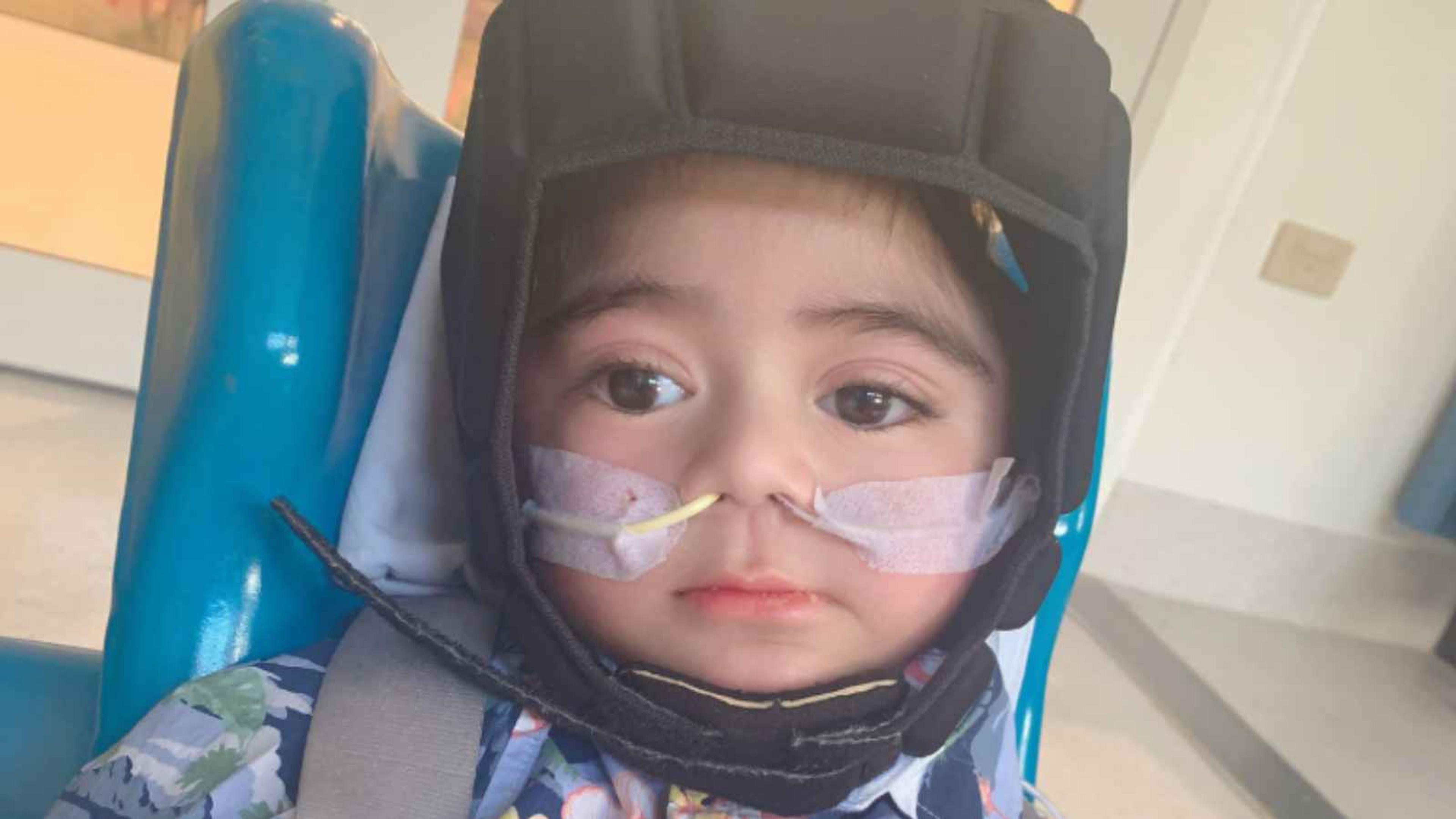

PIF policy advisor on gender equality, Dr Fiona Hukula.
Photo/Supplied
Pacific women in leadership still battle cultural and social pushback
Advocates for women say more needs to be done to support women into politics and leadership roles.



Fiji’s former Prime Minister and police chief charged with inciting mutiny

Immigration reassesses toddler's declined visa request as Children's Commissioner steps in




Fiji’s former Prime Minister and police chief charged with inciting mutiny

Immigration reassesses toddler's declined visa request as Children's Commissioner steps in

There are calls for more support for Pacific women to get into politics, while also recognising cultural leadership roles.
Pacific Island Forum Secretariat policy advisor on gender equality Dr Fiona Hukula says Pacific women have to balance expectations that can contradict each other.
“We live and fend in a world where we are also tied to some of our cultural and social obligations, and it in many ways influences the way we think about gender relations, the way we think about leadership.”
Watch the full interview with Dr Fiona Hukula on Pacific Mornings:
In the Pacific region, just 8.8 per cent of MPs are women. In the Marshall Islands, Hilda Heine is the first woman to become president, and the first woman president of any Micronesian country.
Speaking to William Terite on Pacific Mornings, Hukula says the low representation of women in parliament is a longstanding concern.
“We know that our region has some of the highest rates of violence in the world and the lowest rates of women’s political representation, but to be fair, there’s been a lot of work in trying to ensure that women take up leadership roles.”
Louisa Wall is a former Labour cabinet minister, and was the Ambassador for Gender Equality in the Pacific until March when her role was scrapped by the coalition government.
Wall says legislation can help in ringfencing space for women to stand as leaders, but cultural challenges remain.
“The reality is, women will put their names forward up to a point where they realise that it’s not going to do them any good because the political system that they have within their respective countries just don't provide those pathways because there's still a lingering kind of philosophy that woman's role is in the private domain, in the home, that they have certain roles which means they don't have utility in a public space.
“What we need is either seats for women in districts, or a quota system based on a list ranking that guarantees a certain number of women to be in Parliament.”
A positive way forward, if done correctly
Hukula works with 18 forum countries who have signed a gender equality declaration, but says the next challenge is making sure there are resources and the know-how to implement change, especially in small island countries.
“So resources, not only in terms of financial resources, but ensuring that we have bodies, people that are able to work in this area, whether it’s addressing gender-based violence, supporting women’s economic empowerment.
“It’s also about ensuring that service providers have the right training, are also implementing policies and laws for us to see some of the traction or the change that we want to see, especially in addressing gender-based violence.”
The International Labour Organisation reports gender gaps in unemployment to be an ongoing concern in the Pacific, along with underemployment.
Wall has just returned from the Pacific Human Rights conference in Nadi, where she was encouraged by actions that support gender equality.
“In Bougainville, they have community legislation which empowers every village in Bougainville to appoint two leaders onto a community council. One of them is a man and one of them is a woman, so they have 50-50 representation within their village committees which then provides access to resources funded by the Bougainville government.
“In Fiji, a decision by the Great Council of Chiefs that every province that is represented within that Great Council must have at least one woman represented, so there is movement in certain areas by creating specific pathways for women into these leadership roles.”
Along with supporting women into politics, Hukula says women need to be recognised for their leadership in cultural settings.
“Especially at the community level, within our churches, within our traditional leadership. We have countries who are traditionally matrilineal, so women have ownership over land.
“So my view is that, while we acknowledge the gaps in leadership at the very highest level, it's important to also work at building leadership or supporting leadership at all levels.”
Watch the full interview with Louisa Wall on Pacific Mornings: